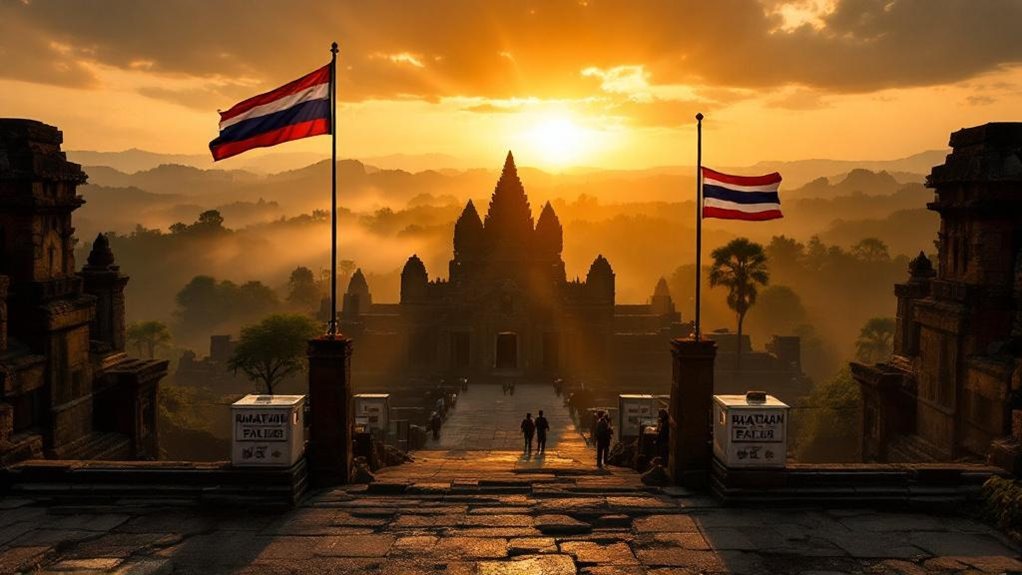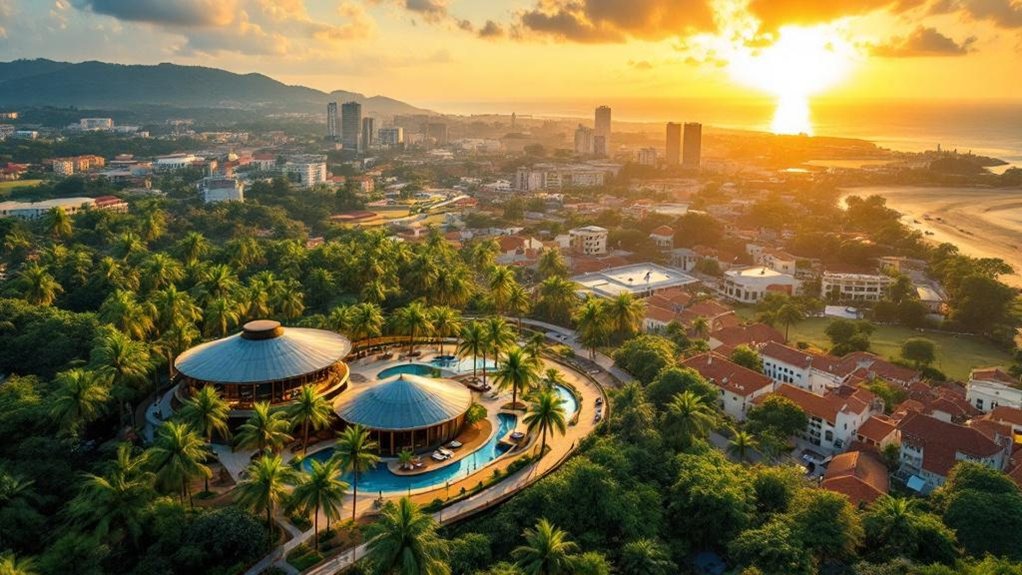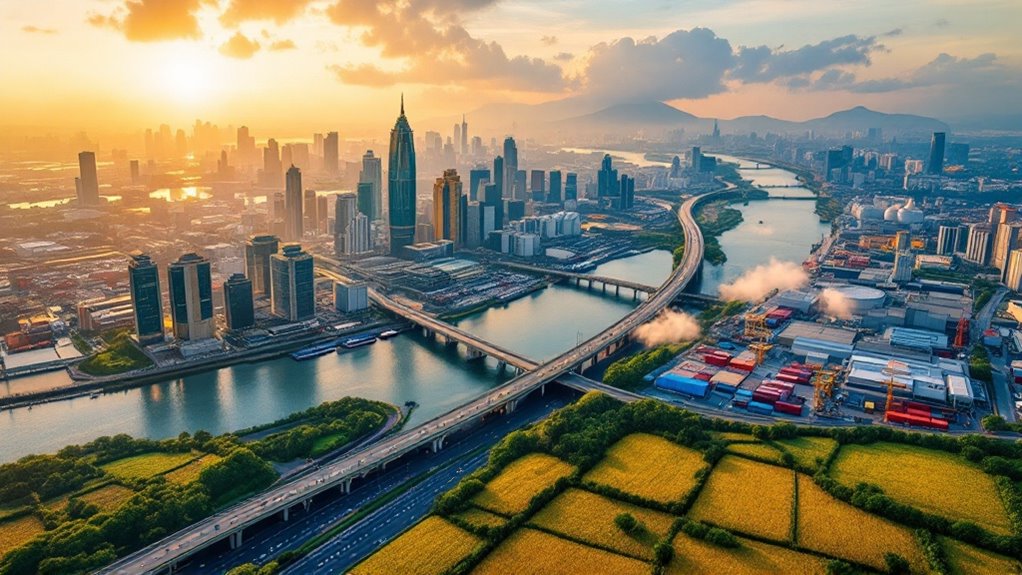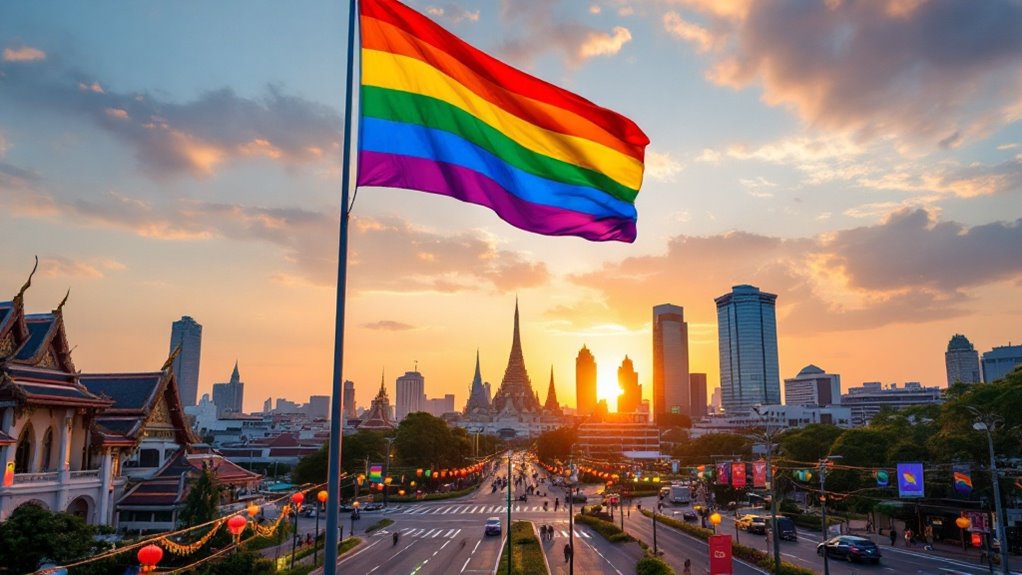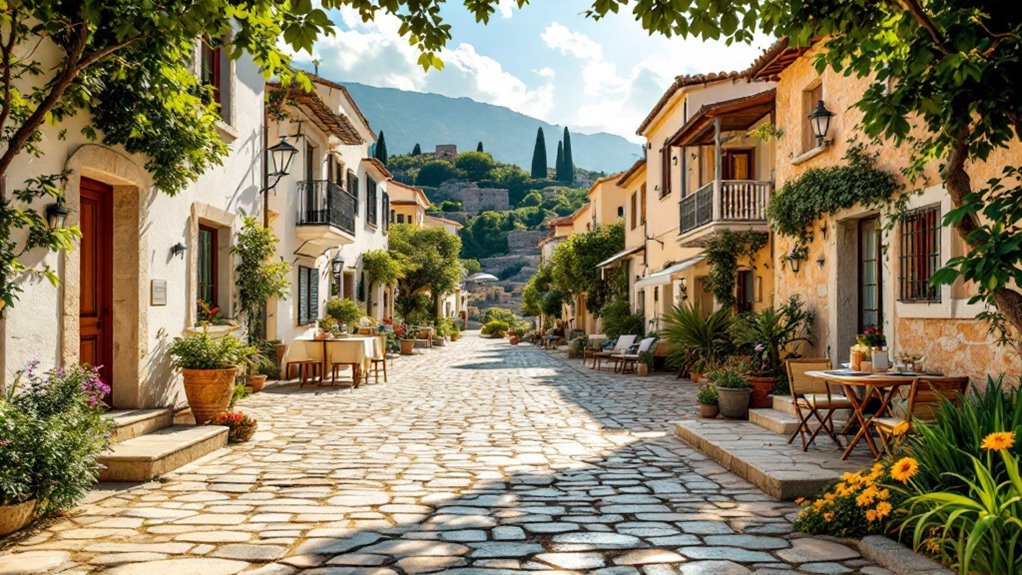The historic Cambodia-Thailand truce, announced on July 28, 2025, stunned the region with an effective midnight peace pact. It concluded military conflict since early June and marked a key moment in regional diplomacy by ending four weeks of border tensions. The ceasefire involved efforts by international stakeholders like the U.S., ASEAN, and Malaysia, despite Cambodian forces facing allegations of violations. The truce’s significance is underscored by its profound regional and international impact, providing a foundation for ongoing peace.
In a significant diplomatic breakthrough, an unconditional ceasefire agreement was announced between Cambodia and Thailand on the evening of July 28, 2025, effectively ending a period of heightened military conflict that began in early June. This agreement, which came into effect at midnight on the same day, marked a pivotal moment in regional diplomacy, concluding nearly four weeks of escalating border tensions that had threatened broader instability in Southeast Asia.
Unconditional ceasefire ends Cambodia-Thailand conflict, marking a pivotal moment in Southeast Asian diplomacy.
The ceasefire was the result of intense diplomatic efforts involving multiple international stakeholders. U.S. President Donald Trump played an essential role by initiating phone calls with both nations’ prime ministers on July 26, highlighting the urgency of resolving the conflict. ASEAN and Malaysia were instrumental in facilitating negotiations, hosting vital discussions on July 28 in Putrajaya. The Malaysian Foreign Minister confirmed that a leader-level meeting took place on the evening of July 27, setting the stage for the successful agreement. The conflict, which resulted in at least 32 people reported killed and up to 200,000 displaced, underscored the urgent need for a resolution. Cambodian forces were accused of ceasefire violations beyond July 28, 2025, but formal protests were lodged by Thailand to seek a peaceful resolution.
Key figures in the mediation process included Thai Acting Prime Minister Phumtham Wechayachai, who emphasized the importance of direct bilateral dialogue, and Cambodian Prime Minister Hun Manet, who actively participated in the talks. The involvement of the U.S. and Chinese envoys, alongside Malaysian hosts, underscored the international community’s commitment to peace. The presence of U.S. Ambassador Edgard Kagan and Chinese Ambassador Ouyang Yujing as co-facilitators highlighted a rare convergence of interests among major powers.
Following the ceasefire, both Cambodia and Thailand reiterated their commitment to maintaining peace in subsequent meetings. Thai Foreign Affairs Minister Maris Sangiampongsa and General Natthaphon Narkphanit were among those involved in reaffirming the truce, alongside Cambodian officials like Kung Phaok.
The United Nations General Assembly monitored the ceasefire progress, underscoring the truce’s significance on the global stage. The historic agreement represents a vital step toward resolving long-standing border disputes between the two nations.
With zero reported ceasefire violations since July 28, both governments have committed to ongoing peaceful dialogue. This development, viewed as an essential move toward long-term stability, has set a precedent for future conflict resolution efforts in the region.
